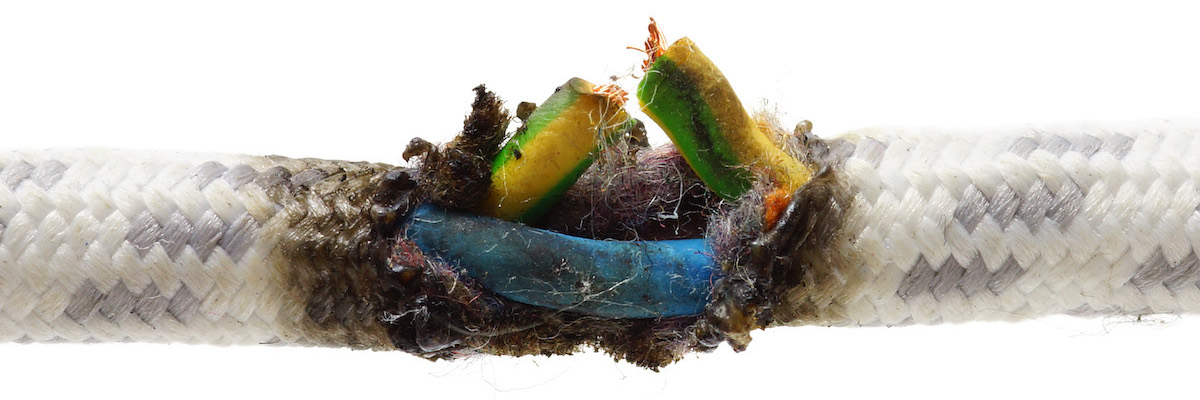What is the Difference Between Overload and Short Circuit Current?

If you notice that your lights go out or your appliances aren’t working at their best when plugged in, then you may have an overload current or short circuit on your hands. However, while they are two separate issues, the result is often the same: loss of power. Learn more about the difference between overload and short circuit currents from the electrical experts at Gateway Cable Company. Then, let us know how we can help take your electrical project to the next level!
Overload vs. Short Circuit Currents
The cause of current overloads and short circuits is one of the ways they’re separate from each other. A current overload occurs when a circuit or outlet has too many devices plugged into it or is taking on more power than it can handle. If this happens, the breaker will shut off the connection, resulting in the loss of power. A short circuit, on the other hand, is when neutral and live wires interact with one another and cause jolts of heavy currents to hit the circuit, which can cause further damage.
How to Prevent Overloads and Short Circuits
While you know how important a circuit breaker is to managing electricity and current, there are several options on the market that offer top-of-the-line protection for your electrical outlets. A few of these options include:
- Thermal Breakers
- Thermal-Magnetic Breakers
- Magnetic Breakers
- Magnetic-Hydraulic Breakers
Discover More at Gateway Cable Company
No matter if you’re dealing with a current overload or a short circuit, you can always count on Gateway Cable Company to offer the electrical products you need to get the job done right. You can check out our inventory where you’ll find everything from connectors, adaptors, and cables, along with military hardware and assemblies to help you get the connectivity and power you need. In addition, you can request a quote online if you have a specific item in mind, in addition to reading helpful guides on topics such as electroless plating. Be sure to contact us today for more information and speak with one of our electrical experts who can answer all of your questions!
